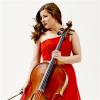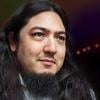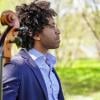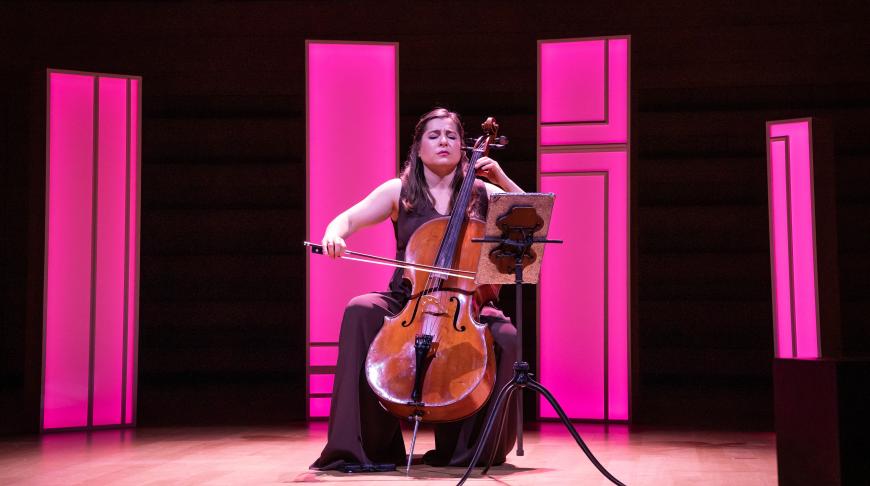
When a classical concert features a new piece of music, the work is often preceded by a brief chat. One of the players, or perhaps the composer, will discuss what the audience is about to hear, place it in some sort of context, and, it is hoped, put the audience at ease.
In an ambitious new project, cellist Alisa Weilerstein is taking precisely the opposite approach.
For her new performance series Fragments, which will have its U.S. debut March 10 at UC Santa Barbara before moving on to two additional California venues, Weilerstein is deliberately withholding detailed information on the music she is playing.
Audiences will enter the hall knowing they’ll be hearing J.S. Bach along with music from five living composers. But the pieces will be broken up into sections — that is to say, fragments — which will be scattered throughout the program. By design, there is no road map — the better to hear each piece without any preconceived notions.
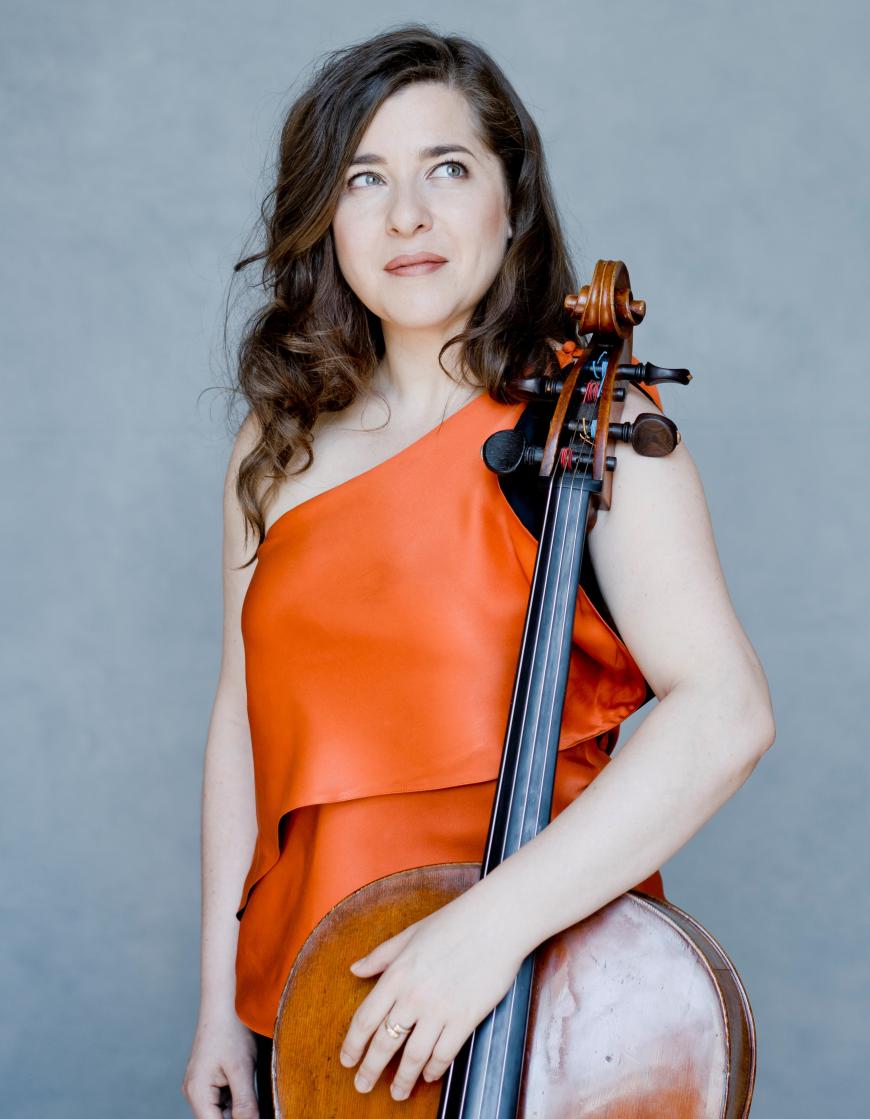
“The idea is to create a visceral, hypnotic experience,” Weilerstein said. “I’d like it to be more akin to walking into a contemporary art exhibition where you see the work of art before you learn who created it. As much as possible, I wanted to create that experience in a musical context.”
“We’re essentially asking you to take a leap of faith,” added director Elkhanah Pulitzer. “We don’t want people weaving narratives like, ‘This composer studied with this other composer and was clearly influenced by him.’ We want them to encounter the art first and get more context later.”
The project, which was co-commissioned by UCSB Arts & Lectures, is huge — six hour-long programs. For this initial round of performances, Weilerstein is playing the first in the series, “Fragments 1,” which features Bach’s First Cello Suite. (Subsequent installments will feature the Suites Nos. 2 through 6.)
The project was born out of pandemic-era frustration. It was November 2020, six months into the COVID-19 shutdown. No vaccine had yet been approved; there was no telling when, or if, things would get back to normal. Weilerstein was, understandably, feeling distressed.
After two weeks in which she didn’t play a note, “I forced myself to take my cello out and played some scales,” she recalled. “I started thinking about what things would look like in a couple of years, when we were back in the concert halls. I asked myself why we don’t connect better with audiences and why classical music is perceived as an elite art form.”
Suddenly feeling inspired, “I put my cello down and started scribbling down ideas. These were the initial sketches for Fragments.
“I wanted to commission a large pool of contemporary classical composers. I was not interested in electronic work or any kind of fusion. I wanted to celebrate what our art form does really well — and celebrate the infinite variety within that world.”
With that goal in mind, “I started reaching out to composer friends of mine,” Weilerstein said. “I also went down the Spotify and YouTube rabbit holes and started listening [to music by composers I didn’t know]. I talked to 28 composers, and 27 said yes.
“I gave them all the same prompt, which was to write 10 minutes for solo cello in two or three segments that could stand alone. I told them I was going to intersperse their music with other new pieces, as well as music of Bach. I was up-front in telling them I would be constructing the arcs. But every single one was onboard with me.”
The contributors are a mix of well-known and lesser-known composers. The list includes Joan Tower, Gabriella Smith, Jessie Montgomery, Tania León, Gabriel Kahane, Osvaldo Golijov, and Gabriela Lena Frank. “The group is diverse in every sense, including racially and ethnically,” Weilerstein said. “There’s gender balance. The youngest is 26; the oldest is 84.
“I have gotten 21 of the 27 pieces back so far. They’re all so different from one another, which makes me very happy. Some composers chose to relate their music to Bach, and some did not.”
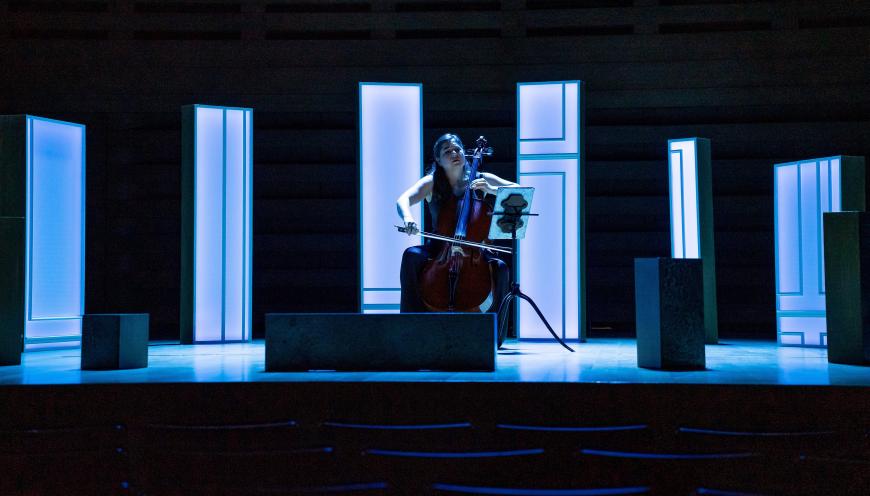
Among Weilerstein’s initial scribbled notes on the project was the phrase “responsive lighting.”
“It’s a lot to ask an audience to sit there for an hour, without pause, with so little information,” she said. “I thought the lighting could be a guide to what you’re listening to.”
So she engaged a team of artistic partners, including lighting and set designer Seth Reiser and Pulitzer, who directed the world premiere of John Adams’s Antony and Cleopatra at San Francisco Opera this past fall.
“We’re trying to create a visual counterpoint to what Alisa is doing,” said Pulitzer. “How do you give people enough breadcrumbs to embark on this journey and keep their attention so it doesn’t wander? We were looking for ways to do that without allowing biography or narrative to supersede the music itself.”
So how do you do that visually? “For lack of a better term, we use color coding,” Pulitzer said. “When you come back to a specific composer’s voice, you come back to a color palette. That way you’re building a connective tissue as you’re going through this experience, even if you’re not tracking it.”
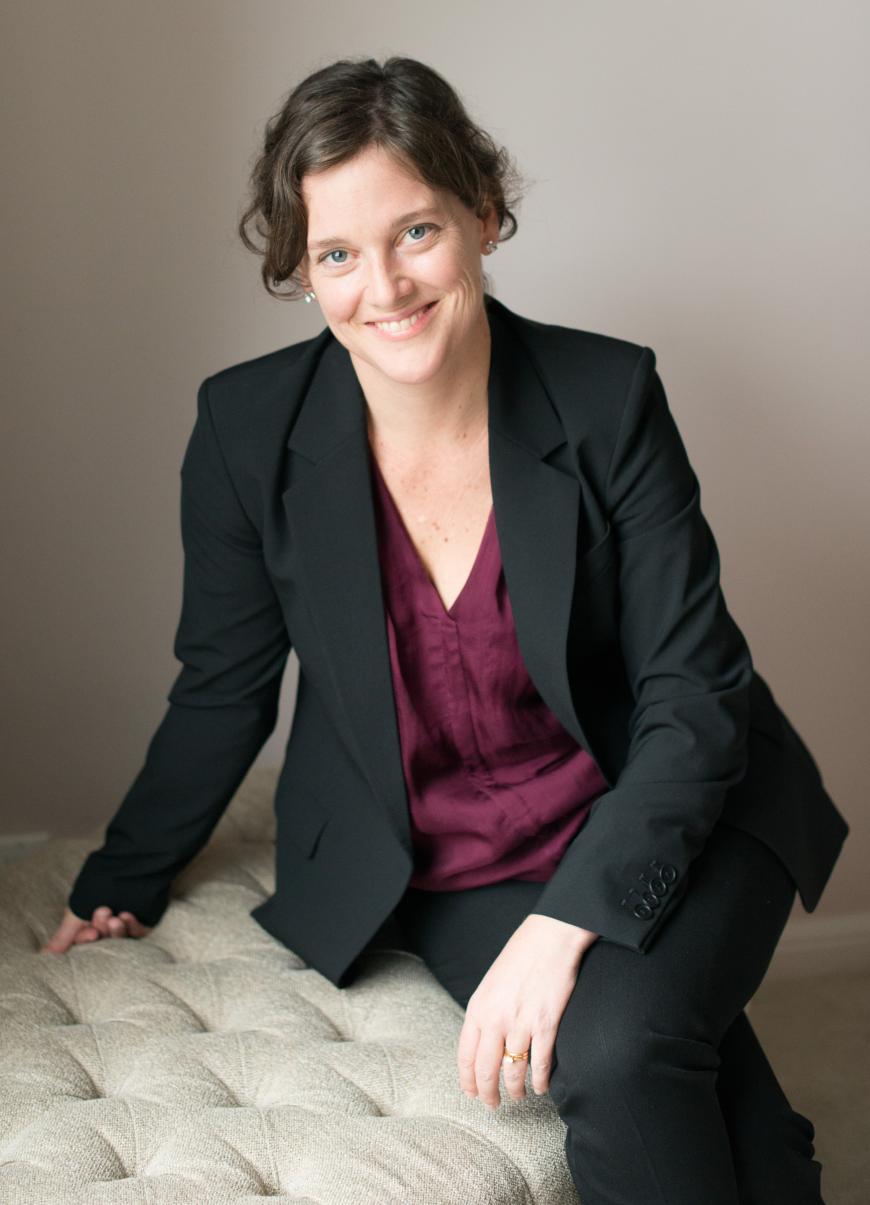
Think of them as “light” motifs.
The first two programs had their world premieres in Toronto in January. If audiences had problems with the lack of information ahead of time (detailed programs are supplied after the performance), Weilerstein didn’t hear about it.
“Everyone I spoke with was positive,” she said. “They kept using the word ‘clean.’ This was a clean, unbiased, unspoiled way to listen. There was complete silence in the concert hall. Each concert is an hour long, played without pause. I felt they were right with me all the way.”
Weilerstein plans to tour extensively with this project over the next few seasons; she is bringing it to Walt Disney Concert Hall Nov. 15 as part of the new-music-oriented California Festival. She hopes it will culminate with her playing the entire set of six at one or more music festivals.
“The project doesn’t fall neatly into any category,” she noted. “It’s not a recital. It’s not theater. It’s not a conventional concert.”
So don’t expect to be handed a conventional program with explanatory notes and composers’ bios.
“We may have talkbacks after the performance in some venues,” she said. “That could be useful. But for their initial experience, I just want people to hear the music.”
Alisa Weilerstein will perform “Fragments 1” on March 10 at 7 p.m. at Campbell Hall on the campus of UC Santa Barbara, March 12 at 3 p.m. at the Irvine Barclay Theatre in Orange County, and March 14 at 7:30 p.m. at the Conrad Prebys Performing Arts Center in La Jolla. She will perform a different section of the series Nov. 15 at Walt Disney Concert Hall in downtown Los Angeles.


